goodgearhub - products hub
Motorcycle Jackets
Airbag, 4 season, Touring, Winter, Mesh, Leather & Waterproof
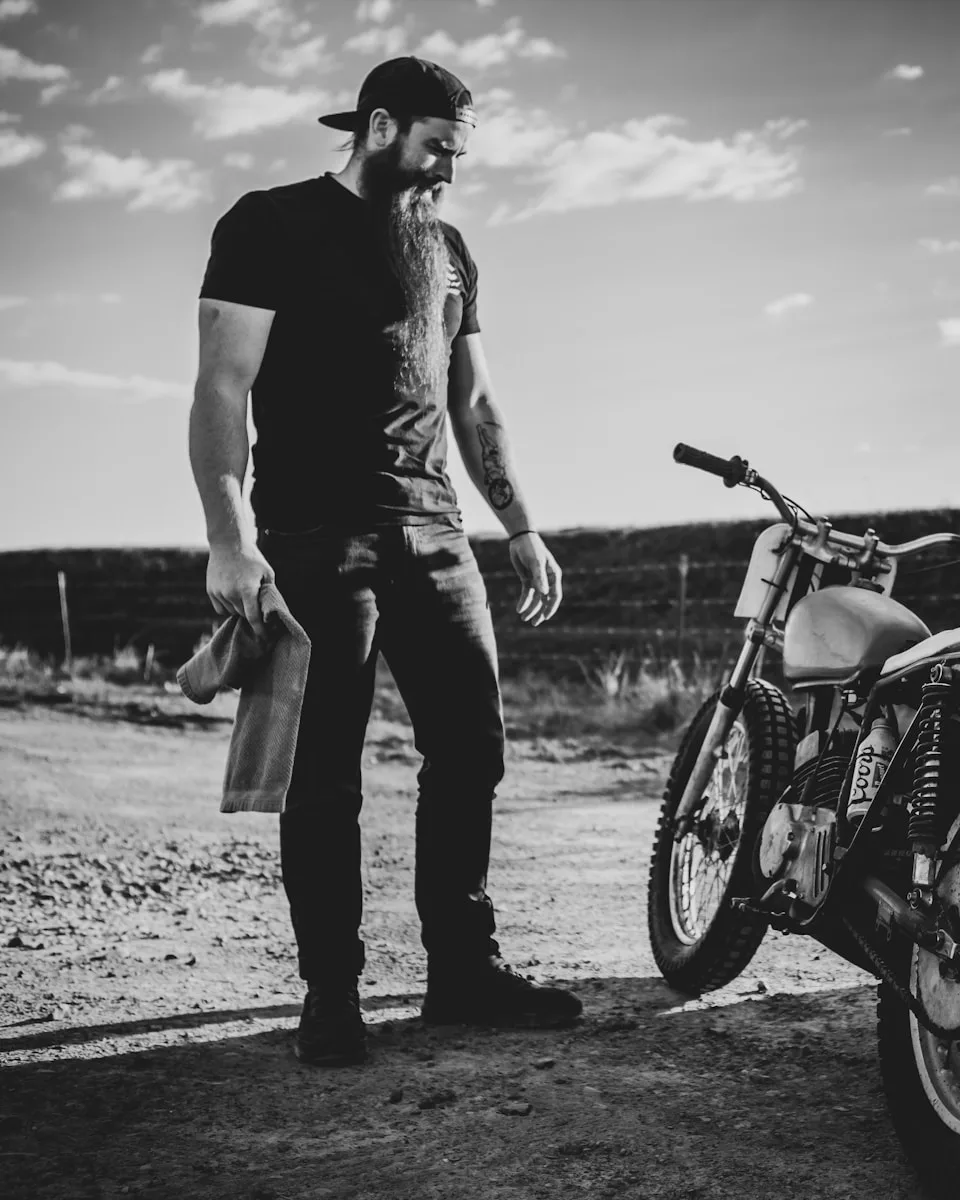
Motorcycle Jeans & Pants
4 season, Touring, Winter, Mesh, Leather, Waterproof & Airbag
Motorcycle Gloves
Touring, Winter, Adv, Waterproof, Enduro, Urban
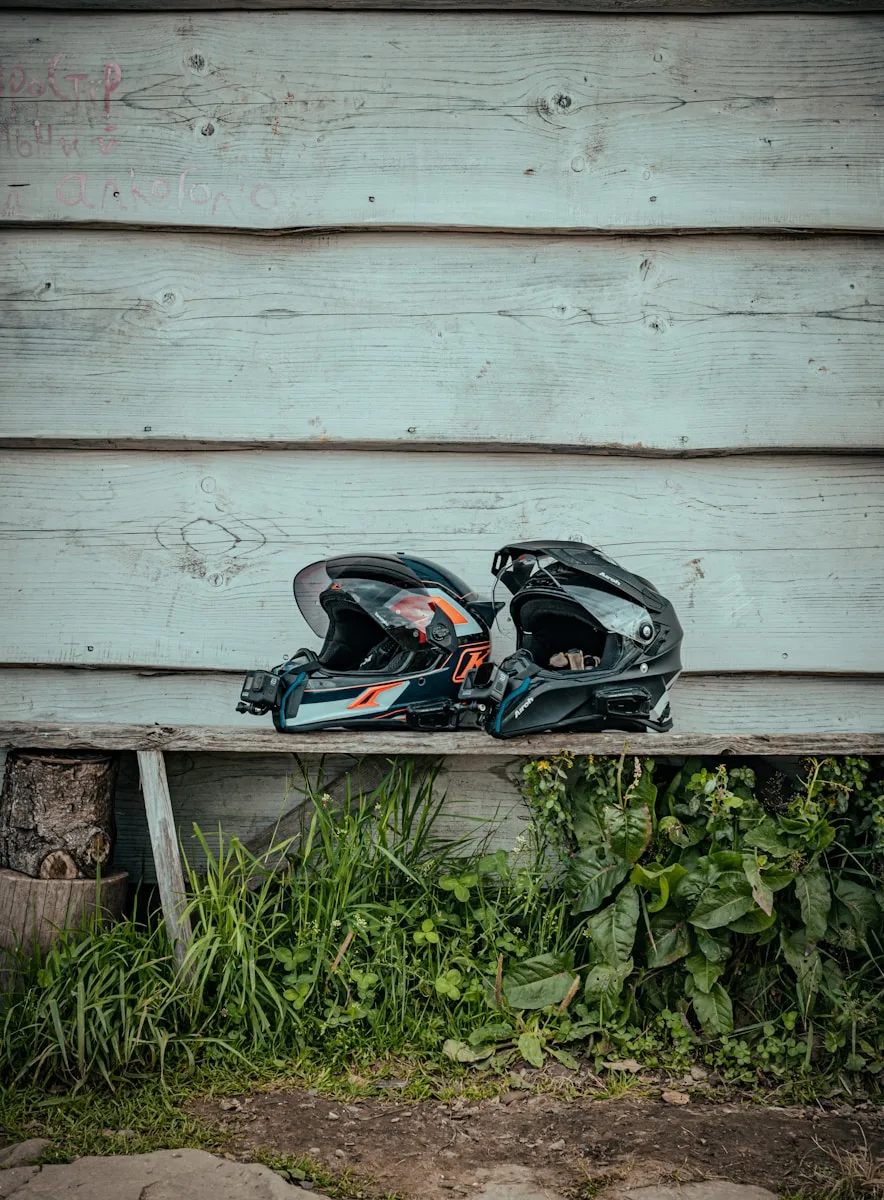
Motorcycle Helmets
Touring, Summer, Bluetooth, Modular, Enduro, Adv
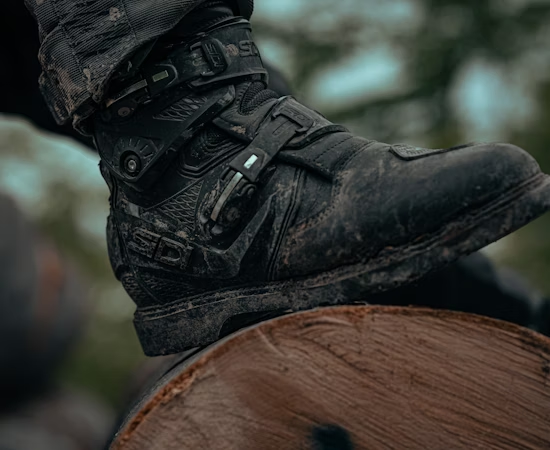
Motorcycle Boots
Touring, Track, Adv, Commuter, Waterproof, Enduro
Motorcycle Accessories
Bluetooth, Action Cams, Tail, Tank, Saddle Bags, Toolkits
goodgearhub affiliate network
we only shop from retailers that we have truste over the years. today with grace we are lucky to have them in our network. any purchase you make might entittle us to a small commission with no extra cost to you.
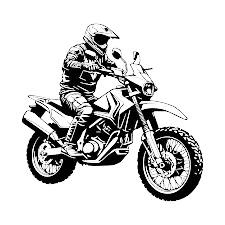
Motorcycle Riding Gear — USA
- RevZilla (USA) Shop RevZilla →
- JP Cycles (USA) Shop JP Cycles →
- MotoSport (USA) Shop MotoSport →
- Suunto (US / Global) Shop Suunto →
Motorcycle Riding Gear — Europe
- Belstaff (UK) Shop Belstaff
- Alpinestars — Shop Italy – Shop UK – Shop France – Shop Spain – Shop Denmark– Shop Rest of EU
- FC-Moto (DE / UK / FR) Shop FC-Moto →
- Motoin Shop Motoin — Austria • Shop Motoin — Denmark • Shop Motoin — Spain
goodgearhub detailed product buying guides.
🪖 Motorcycle Riding Helmets Buying Guide
Why Your Helmet Is Your Lifeline
A helmet isn’t a style choice — it’s survival engineering. It protects your brain, your focus, and your ride. Every impact you’ll ever take on two wheels starts with how well this single piece of gear performs.
A helmet’s job isn’t just to look sharp — it’s to absorb energy, cut wind noise, manage fatigue, and give you the clarity to ride longer and safer. The right fit keeps your vision clear, your mind quiet, and your head protected — mile after mile.
Why You Should Never Ride Without a Certified Helmet
Freedom isn’t bare-headed. That’s risk disguised as rebellion.
A certified helmet does what fashion helmets can’t: it disperses impact, manages rotation, and stays in place when you need it most.
Impact Absorption: Multi-density EPS foam slows crash energy.
Shell Integrity: Polycarbonate, fiberglass, or carbon fiber disperses force instead of cracking.
Retention System: D-ring or micro-ratchet straps keep the lid on during impact.
Visibility: Clear, anti-fog visors protect your line of sight in all weather.
Helmet Types & How to Choose
Every ride demands a different balance between visibility, noise, and weight.
Full-Face: Maximum protection, ideal for sport and touring.
Modular / Flip-Up: Touring convenience with good protection.
ADV / Dual-Sport: Ventilated, wide-vision design for mixed terrain.
Open-Face: Style over coverage — safe only for slow urban rides.
Fit & Shape
Snug, not tight. No pressure points or gaps.
The helmet should move with your head — never rattle.
Cheeks feel firm; crown contacts evenly.
Always fasten the strap — without it, even the best helmet fails.
Head Shapes:
Round Oval • Intermediate Oval (most riders) • Long Oval
Certification & Safety
DOT: US baseline.
ECE 22.06: International gold standard.
SNELL/FIM: Professional racing level.
ISI: Indian standard — basic, but check authenticity.
Quick Recap
Pick by fit first, features later.
Always buy new, never used.
Replace every five years or after any impact.
goodgearhub ProTip: Try it on for 10 minutes before buying — the wrong fit will reveal itself before the road does.
🧥 Motorcycle Riding Jackets Buying Guide
Why Riding Jackets Matter
A good riding jacket is your second skin. It guards you from impact, slide, fatigue, and weather. Without it, your body is just another surface meeting asphalt.
The right jacket doesn’t just protect — it moves with you. It keeps airflow balanced, armor in place, and confidence high, no matter the terrain.
Why You Should Always Wear a Jacket
Abrasion Protection: Textile or leather resists tearing during slides.
Impact Protection: CE-certified armor absorbs and disperses crash energy.
Weather Protection: Windproof, waterproof, and vented for long rides.
Visibility: Reflective piping keeps you seen when light fades.
Jacket Types
Textile Jackets: Lightweight, waterproof, adjustable — best all-rounders.
Leather Jackets: Superior abrasion protection; classic style for road and sport.
Mesh Jackets: Maximum ventilation for hot climates.
Adventure Jackets: All-season touring specialists with liners and pockets.
Fit & Armor
Fit in riding posture, not standing straight.
Armor must align with shoulders, elbows, and back.
No flapping sleeves or tight shoulders.
CE Level 2 armor = better protection, less impact transfer.
Materials
Leather: Long-lasting, slide-resistant, needs care.
Cordura/Textile: Weatherproof, breathable, adaptable.
Mesh: Hot-weather airflow, low slide time.
Laminated Shells: Premium waterproofing with minimal bulk.
Quick Recap
Fit snug, test airflow.
Armor placement matters more than color.
Choose for season, not style.
goodgearhub ProTip: Touring riders — pick laminated waterproof jackets over removable liners. They dry faster, leak less, and last longer.
🧤 Motorcycle Riding Gloves Buying Guide
Why Gloves Are Non-Negotiable
Your hands are the first to hit the ground in a crash. The right gloves turn instinct into safety — shielding skin, absorbing impact, and keeping grip steady through heat, rain, and vibration.
Why Riders Get It Wrong
Skipping gloves in summer or using casual leather ones is the oldest mistake on the road. Even a low-speed slide can tear through skin in seconds.
Abrasion Resistance: Kevlar, leather, or textile protect palms.
Impact Protection: Knuckle guards, sliders, and padding absorb energy.
Grip: Specialized textures prevent slips in rain.
Comfort: Ventilation or waterproofing keeps control consistent.
Types by Ride
Street/Touring: Balanced protection and comfort.
Racing: Hard armor, gauntlets, extreme safety.
ADV/Dual-Sport: Weatherproof, rugged, flexible.
Urban Short-Cuff: Light, easy, but minimal wrist protection.
Winter / Summer: Seasonal liners or mesh airflow.
Fit & Feel
Snug, not tight; no numbness or folds.
Armor aligns over knuckles when gripping bars.
Wrist closures cinch tight but comfortable.
Material Guide:
Leather = top abrasion protection.
Textile = flexible, breathable.
Hybrid = best of both.
goodgearhub ProTip: Always carry two pairs — mesh for summer, insulated for cold. Touchscreen fingertips are worth every rupee at fuel stops.
👢 Motorcycle Riding Boots Buying Guide
Why Boots Matter
Your feet carry the bike, stop it, and save it when things go sideways. Proper motorcycle boots protect from crush, twist, and abrasion injuries — sneakers won’t.
Core Protection Features
Reinforced ankle, heel, and toe cups.
Sturdy shank for torsional stability.
Oil-resistant soles for grip at stops.
Waterproof or breathable membranes for weather control.
Boot Types
Touring Boots: Waterproof, comfortable, built for distance.
Adventure Boots: Tall, armored, designed for punishment.
Racing Boots: Hard protection, toe sliders, minimal flex.
Urban Boots: Short, walkable, ideal for city rides.
Cruiser Boots: Heavy leather, classic design, high endurance.
Fit & Comfort
Snug ankle hold, flexible toe box.
Walk before buying — no pressure points.
Gear-shift padding aligned under big toe joint.
Avoid internal heat buildup — pick breathable liners.
goodgearhub ProTip: Never ride with laces; they tangle. Choose zippers or ratchets. Break in new boots before a tour.
👖 Motorcycle Riding Jeans & Pants Buying Guide
Why Riding Pants Matter
Your legs take most of the damage in a fall. Regular denim won’t survive a slide. Motorcycle pants combine stretch, armor, and abrasion resistance — style with survival.
Protection Priorities
CE-rated armor at knees and hips.
Abrasion layers with Kevlar, Aramid, or Cordura.
Reinforced seams in high-impact zones.
Pants Types
Single-Layer Aramid Denim: Protection woven in.
Lined Jeans: Added inner layer; heavier but safer.
Textile Pants: Waterproof, vented, touring-grade.
Leather Pants: Ultimate abrasion resistance.
Mesh Pants: Lightweight, breathable summer choice.
Fit & Function
Armor aligns with knees in riding posture.
Snug waist, flexible hips, stretch panels for comfort.
Pair with boots for full coverage.
goodgearhub ProTip: Touring in rain? Go textile. City commuting? Aramid jeans are your friend.
🧳 Motorcycle Riding Accessories Buying Guide
Why Accessories Aren’t Extras
Accessories complete the ride — communication, storage, and preparedness are as critical as your helmet. They turn chaos into comfort.
Must-Have Categories
Bluetooth Intercoms: Group communication, navigation, and music — look for noise-canceling, glove-friendly, waterproof systems.
Action Cameras: Wide-angle, 4K, image stabilization; handlebar or helmet mounts.
Luggage: Tank, tail, or saddle bags — balanced, waterproof, expandable.
Toolkits: Compact sets with spanners, CO₂ inflator, fuses, cables, flashlight.
Power Accessories: USB chargers, power banks, dry sacks.
Why They Matter
Communication prevents missed turns and confusion.
Cameras record evidence and memories.
Bags balance load and reduce fatigue.
Tools save time, money, and frustration roadside.
goodgearhub ProTip: Preparation isn’t weight — it’s freedom. Secure everything; loose straps can cost you more than fuel.